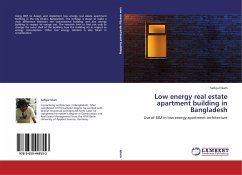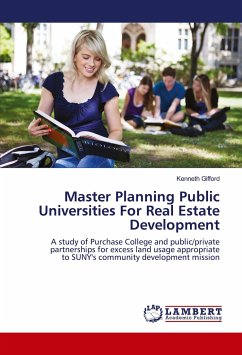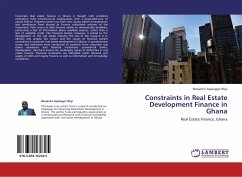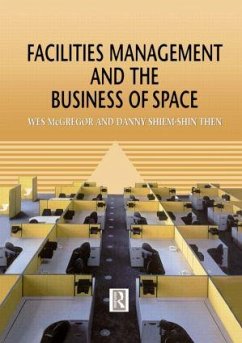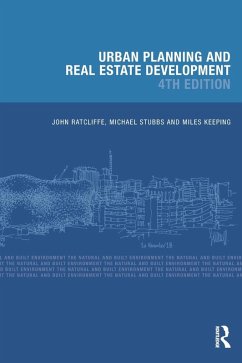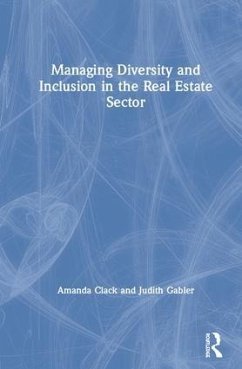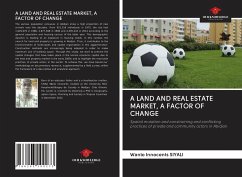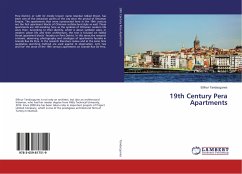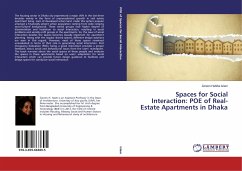
Spaces for Social Interaction: POE of Real-Estate Apartments in Dhaka
Versandkostenfrei!
Versandfertig in 6-10 Tagen
30,99 €
inkl. MwSt.

PAYBACK Punkte
15 °P sammeln!
The housing sector in Dhaka city experienced a major shift in the last three decades mainly in the form of unprecedented growth in real estate apartment living. Lack of developed urban land, made this option popular amongst a financially solvent urban population coming from wide ranging socio-cultural background. These varied groups face higher degree of disorientation and hesitation to social interaction, resulting in social problems and socially unfit groups in the apartments. So, the issue of social interaction besides the spaces becomes equally important for apartment planning. Along with ...
The housing sector in Dhaka city experienced a major shift in the last three decades mainly in the form of unprecedented growth in real estate apartment living. Lack of developed urban land, made this option popular amongst a financially solvent urban population coming from wide ranging socio-cultural background. These varied groups face higher degree of disorientation and hesitation to social interaction, resulting in social problems and socially unfit groups in the apartments. So, the issue of social interaction besides the spaces becomes equally important for apartment planning. Along with the regular shared spaces, different design solutions are seen in this regard. However, most of these spaces remained unevaluated in terms of their role in generating social interaction. Post Occupancy Evaluation (POE), being a good instrument provides a proper feedback about social and behavioural issues from the users standpoint. This book narrates about the social spaces of these people and evaluate the spaces in these apartments based on users adaptation for social interaction which can provide future design guidance to facilitate and design spaces for conducive social interaction.



